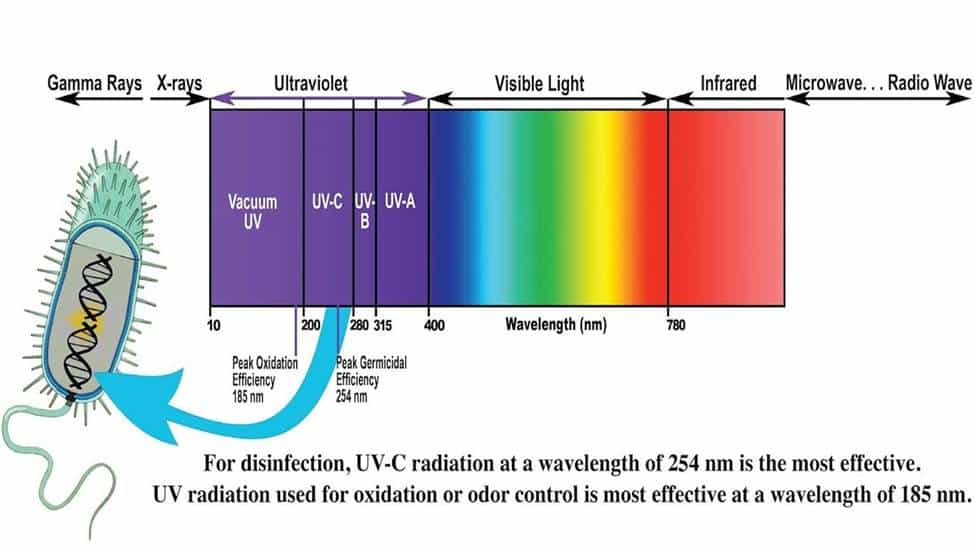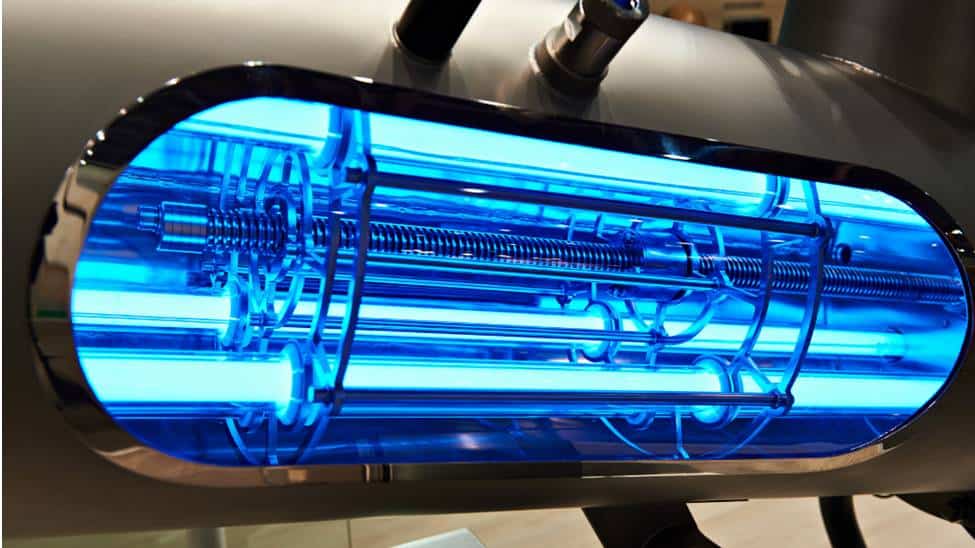WHY SHOULD EVERY COMMERCIAL SPACE HAVE AN AIR PURIFICATION SYSTEM?
Your office is like a second home to you. You work for eight to ten hours per day, sometimes more. As air pollution continues to rise at an alarming rate, you must be extra cautious about your health. That is why you should have an air purification system in your office as well. Air purification systems are low-cost, tried-and-tested ways to quickly improve the air quality in your office. As a result of the COVID 19 pandemic, businesses are paying more attention to improving the indoor air quality. With many people crammed into small spaces, dirt, dust, and other debris can quickly accumulate to create visible impurities, not to mention the added impact of any nearby office renovations or new building construction. What may be more dangerous is the pathogen build in the air due to the inhalation and exhalation of the workforce, especially in poorly ventilated spaces, (including air conditioned spaces), which circulate the same air through the HVAC system. Sick Building Syndrome, which affects employees whenever they are inside, can be caused by poor office air quality. If employees report headaches, respiratory problems, coughing, or allergies while at work, it could be due to poor indoor air quality – especially if the symptoms only appear at work and disappear by the time they get home. Coming to the issue of airborne pathogens, poor indoor air quality can accelerate the spread of infectious airborne diseases such as Tuberculosis and Covid 19 which often go unnoticed in the early stages when transmission is the highest.
Do I Need an Air Purification System For My Office?

Yes, every office needs an air purification system, to put it simply. The belief that the air we breathe indoors is purer than that we breathe outdoors is actually a myth. Air purification systems add more powerful air cleaning elements to traditional ventilation. Large buildings’ HVAC systems typically filter air before it is distributed throughout the structure. The variety and complexity of HVAC systems in large buildings require professional interpretation of technical guidelines such as those provided by the Centers for Disease Control and Prevention (CDC). The EPA, ASHRAE, and CDC recommend upgrading air filters to the highest efficiency possible in order to improve the indoor air quality.
Typical Problems Associated with HVAC Systems that can Affect Indoor Air Quality
Dirty Filters:
Your filter is in charge of filtering impurities out of your airflow before it is delivered and distributed throughout your office space via a central air system. Your air filter should be changed on a regular basis especially during periods of heavy use, such as the summer. Air quality can be compromised if the filter becomes dirty and clogged with dust, hair, dander, pollen, or any other debris that may find its way in.
Excess Moisture:
If your air conditioner is leaking fluid or producing more condensation than usual, it could be affecting the quality of your indoor air. Mold or mildew growth especially on the coils, can result from left-over liquids. These spores can quickly multiply and spread at a rapid rate.
Faulty ducts:
If your duct system is damaged, it’s possible for debris to accumulate inside. Because your ducts deliver air directly through your vents, whatever may be built up inside will be delivered as well. Air purifying technology decomposes and removes bacteria, viruses, odors, allergens, adjutants, formaldehyde, mold spores and other undesirable airborne components.
UVGI Solutions for Air Purification

Due to increased demand in commercial buildings, schools, hospitals, hotels, and workplaces, the HVAC (Heating Ventilation Air Conditioner) industry has been on the rise in recent years. HVAC systems ensure that the indoor environment is properly ventilated. The need for a technology that provides a virus-free indoor environment has arisen as a result of changes in safety guidelines and the ongoing pandemic.
The use of UVGI technology to disinfect the air in enclosed spaces can help to prevent the spread of airborne diseases, particularly in places with central air conditioning, such as offices and shopping malls. UVGI (ultraviolet germicidal irradiation) is a disinfection system that uses UVC rays to kill disease-causing viruses, bacteria, fungi, and molds. Appropriate use of ultraviolet germicidal irradiation in HVAC systems has been proven as an effective inactivation method for mold, bacteria and viruses, reducing the source of Healthcare Associated Infections(HAIs) and a reduction of airborne microorganisms.

Ultraviolet energy is electromagnetic radiation with a wavelength shorter than that of visible light. The UV spectrum is classed into three main categories;
- UV-A mostly absorbed through sunlight, is a long wavelength between 315-400nm.
- UV-Bcommonly responsible for skin reddening and skin cancer is a medium wavelength of 280-315nm.
- UV-Cis the short wavelength of 100-280nm which can kill or inactivate micro-organisms.

Ultraviolet Germicidal Irradiation (UVGI) systems typically consist of UV lamps that produce UV-C radiation. The lamps are fairly similar to fluorescent lighting and usually have a ballast device and / or electronic units to operate. The lamps contain a small quantity of mercury or mercury amalgam and emit Ultraviolet Light with a wavelength of 254nm. This is close to the optimal wavelength required to damage and disrupt DNA in organisms. When using the lamps there are a number of safety aspects that need to be adhered to, ensuring that the emitted light is not in direct contact with humans.

Benefits of having Air Purification Systems in commercial spaces

There are numerous advantages to using an air purification system in your workplace. When it comes to installing an air purification system in your building, one should consider the following points.
1. Allows for Safer Reopening Amidst the COVID Pandemic.
Every industry has changed as a result of the COVID pandemic. Facility managers have been forced to adapt to changes in occupational requirements, such as better ventilation, improved air purification techniques, maximum occupational numbers, safety precautions (such as hand sanitizer and mask-wearing), contact tracing, and more. For safer business operations, the CDC recommends incorporating UVGI technology for HVAC systems. By installing an air purification system in your space it reduces the chances of an occupant contracting COVID-19, which could shut down a business in the early stages of the pandemic. This enables you to reopen more quickly and minimize COVID Omicron outbreaks.
2. Results in Improved Employee and Workplace Productivity.
All businesses are concerned about employee and workplace productivity. Air purification systems decrease the likelihood of your employees becoming ill from allergies, sick building syndrome, and other illnesses that impede productivity. It also allows your employees to focus on their work and breathe easier. If you have any employees who suffer from respiratory diseases such as COPD, an air purification system will help.
3. Reduces the chances of Sick Building Syndrome.
The term “sick building syndrome” refers to a set of symptoms experienced by building occupants only when they are inside the structure. Common irritations such as a stuffy nose, irritated throat, headache, dry cough, and itchy skin are among the symptoms. Nobody knows what causes sick building syndrome, but it could be due to an increase in air pollution, such as dust, dust mites, allergens, and VOCs, which are common in enclosed workplace settings (which is commonly where sick building syndrome comes from). Installing an air purification system can help to get rid of a lot of the airborne pathogens in your commercial space.

